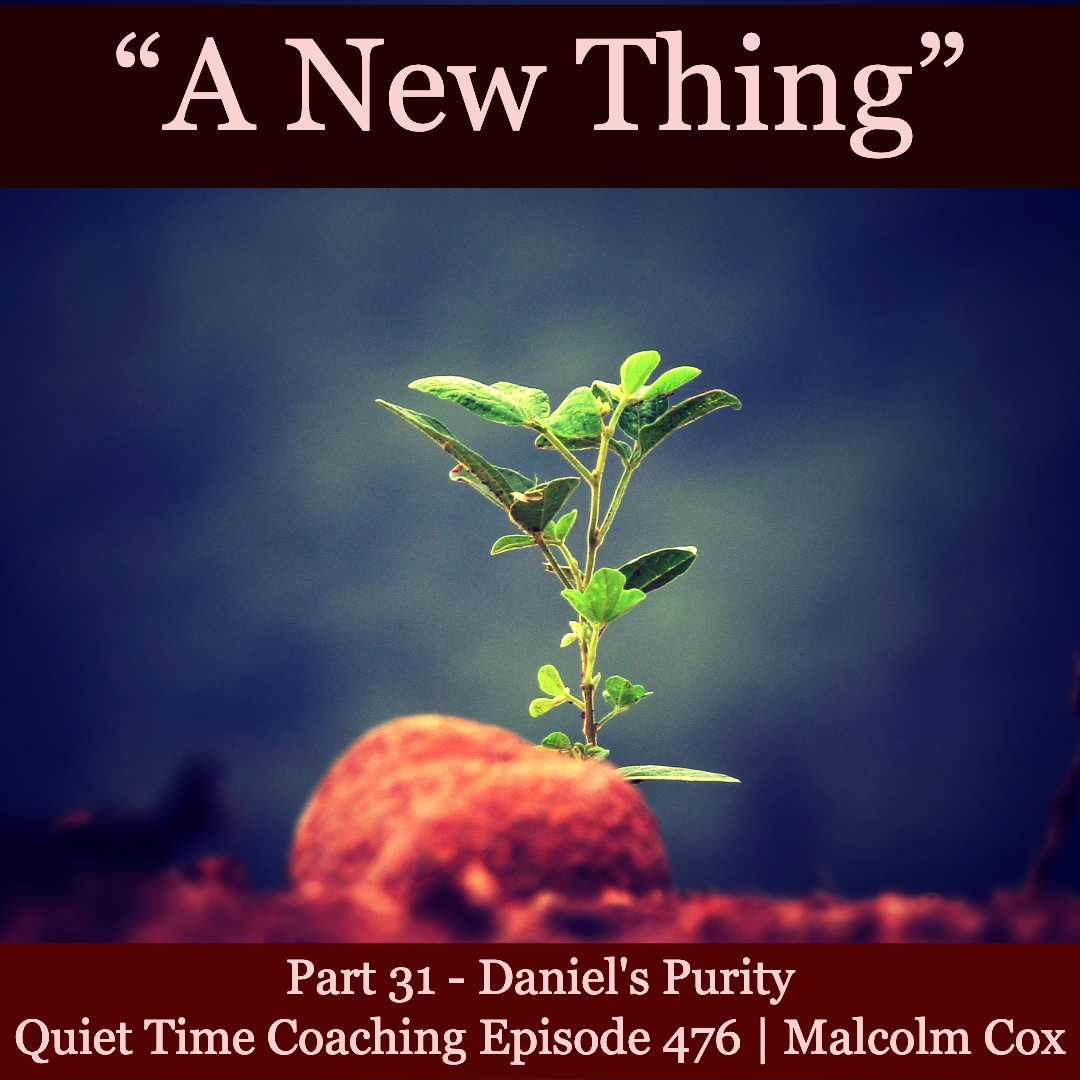I heard someone say the other day that we should not compare ourselves to other people. Instead we should compare ourselves to who we were yesterday. There is much wisdom in that statement. Especially when it comes to teaching and preaching in our church congregational context.
I don’t know who first said that comparisons are odious, but it goes back to at least 1440. Shakespeare used a comic version in his play, “Much ado about nothing” when he has Dogberry mistakenly say, “Comparisons are odorous”. Actually, perhaps they are. Comparisons leave a bad smell in your own ‘nostrils’.
What’s the problem with comparing yourself with other speakers? Comparing yourself against someone with greater experience, or strengths where you have weaknesses, will only leave you insecure, feeling inadequate and, if you’re not careful, even angry.
You are not meant to be the other person. You’re not meant to speak exactly like them. You are called to be the best speaker you can be – and only you can be. We don’t hear of Paul, Barnabas, Apollos or others comparing themselves to each other. We see them being used in different ways according to their different strengths and experiences.
Standards
It occurred to me a few years ago (and I cannot remember exactly what prompted it), that, more broadly, discipleship is best seen as imitation and inspiration not as comparison to a standard. In other words, if Jesus is my standard I am always falling short. In this situation, Jesus becomes an impossible standard to attain, and becomes a source of discouragement.
Instead, Jesus is my inspiration and someone whom I would like to imitate within the context of my own life such that I can reveal my discipleship to him and show others what it means to follow King Jesus.
Imitation
Imitation of another person’s good habits, techniques and even their heart can be a healthy perspective. When the apostle Paul says,“Therefore I urge you to imitate me.” (1 Cor 4:16), he is not telling the Corinthians that they should be exactly like him. He’s asking them to imitate his faith in the context of their own situation.
Now, all this to say, that as a speaker of God’s word, you are called to learn from other people, and to grow. But you are not called to be somebody else. Stop comparing yourself to that other preacher or teacher that you admire.
Admire them if you wish. No harm in that. But do not make an unhealthy comparison.On the other hand, do not let fear of comparison prevent you from learning from other people who have strengths where you have weaknesses.
Questions for today: “What helps you to learn from other effective speakers? What prevents you from unhealthy comparison but helps you to find inspiration?”
Please add your comments on this week’s topic. We learn best when we learn in community.
Do you have a question about teaching the Bible? Is it theological, technical, practical? Send me your questions or suggestions. Here’s the email: malcolm@malcolmcox.org.
If you’d like a copy of my free eBook on spiritual disciplines, “How God grows His people”, sign up at my website: http://www.malcolmcox.org.
Please pass the link on, subscribe, leave a review.
“Worship the LORD with gladness; come before him with joyful songs.” (Psalms 100:2 NIV11)
God bless, Malcolm
PS: You might also be interested in my book: “An elephant’s swimming pool”, a devotional look at the Gospel of John
